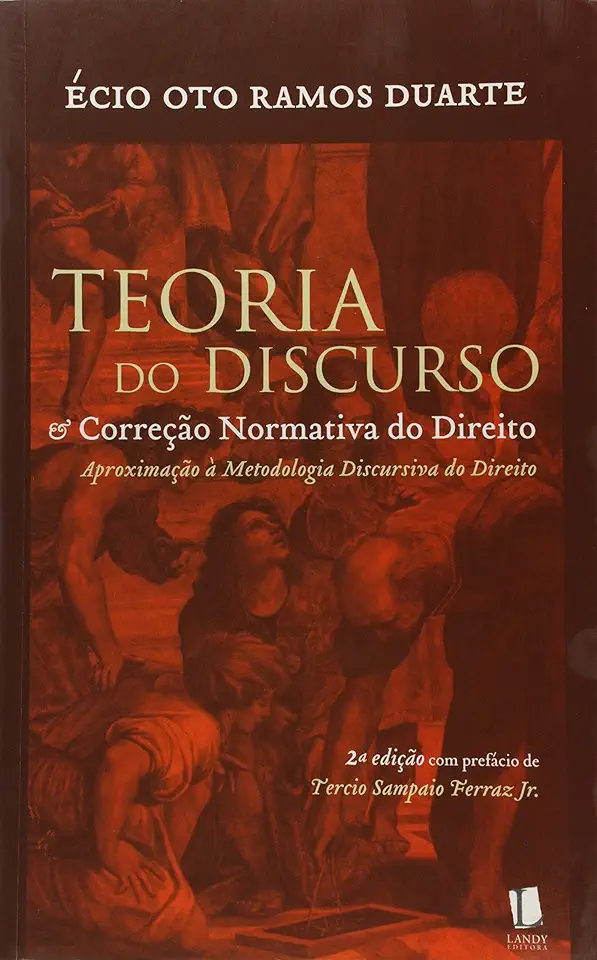
Discourse Theory and Normative Correction of Law - Écio Oto Ramos Duarte
Discourse Theory and Normative Correction of Law
By Écio Oto Ramos Duarte
A Comprehensive Exploration of the Relationship Between Discourse and Law
In his groundbreaking work, "Discourse Theory and Normative Correction of Law," Écio Oto Ramos Duarte presents a comprehensive and thought-provoking exploration of the intricate relationship between discourse and law. Drawing upon a wide range of theoretical perspectives and real-world examples, Duarte argues that discourse plays a crucial role in shaping and legitimizing legal norms, and that it can also be used as a tool for normative correction.
Key Concepts and Theoretical Framework
Duarte begins by introducing the key concepts and theoretical framework that underpin his analysis. He defines discourse as "a social practice that involves the production, circulation, and interpretation of meaning," and argues that it is through discourse that legal norms are created, communicated, and enforced. He then draws upon the work of Jürgen Habermas, Michel Foucault, and other leading theorists to develop a sophisticated understanding of the relationship between discourse and power.
The Role of Discourse in Legitimizing Legal Norms
Duarte argues that discourse plays a crucial role in legitimizing legal norms by providing them with a foundation of shared meaning and acceptance. He analyzes how legal discourse constructs certain behaviors as "right" or "wrong," and how it shapes public opinion and influences the behavior of individuals and institutions. He also explores the role of ideology in shaping legal discourse and the ways in which power relations can influence the interpretation and application of legal norms.
Discourse as a Tool for Normative Correction
Duarte then turns to the potential of discourse as a tool for normative correction. He argues that by critically analyzing legal discourse, we can identify and challenge unjust or oppressive norms and work towards their transformation. He explores the role of social movements, public intellectuals, and other actors in using discourse to challenge the status quo and promote social change.
Case Studies and Real-World Examples
Throughout the book, Duarte supports his arguments with a wealth of case studies and real-world examples. He draws upon a diverse range of sources, including legal cases, political speeches, media reports, and social media posts, to illustrate the complex relationship between discourse and law. These examples provide a vivid and engaging illustration of the theoretical concepts discussed in the book.
A Must-Read for Scholars, Practitioners, and Activists
"Discourse Theory and Normative Correction of Law" is a must-read for scholars, practitioners, and activists interested in the relationship between discourse and law. Duarte's rigorous analysis and thought-provoking insights offer a valuable contribution to the fields of law, sociology, political science, and communication studies. This book is essential reading for anyone seeking to understand the role of discourse in shaping our legal systems and promoting social justice.
Enjoyed the summary? Discover all the details and take your reading to the next level — [click here to view the book on Amazon!]